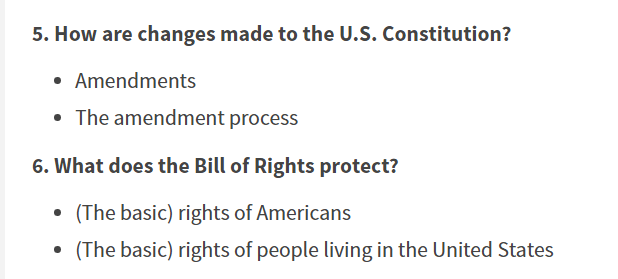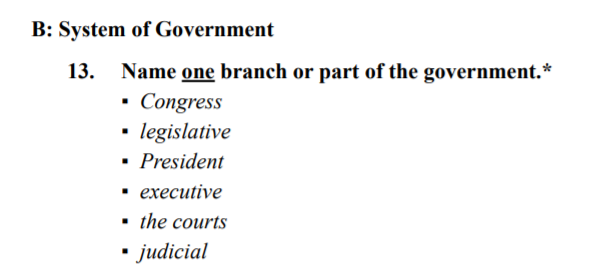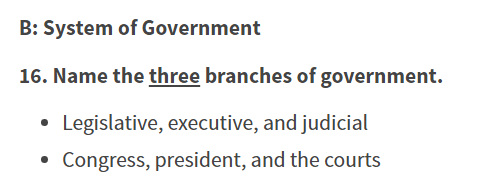
Over the next hour I'll be watching a (sadly not public) congressional briefing featuring @RepJasonCrow on the important role of congressional offices in overseeing immigration detention. We're proud @immcouncil to join with other orgs to help facilitate this kind of briefing.
Representative Crow is talking about the ways he came to become the first member of Congress to have his office conduct weekly oversight visits of the Aurura Detention Center. "My job was to do oversight and accountability of federal facilities." cpr.org/2019/07/09/rep…
Rep. Crow says he was met in the lobby of the ICE detention center and refused entry three times, when he tried to conduct oversight. "Needless to say, that was the wrong response."
He then helped work to pass a law requiring ICE to allow Congressional oversight.
He then helped work to pass a law requiring ICE to allow Congressional oversight.
Rep. Crow says what's necessary for Congressional oversight of ICE detention is collaboration with local communities, a sustained commitment to oversight allowing for tracking trends over time, and "the bully pulpit"—so people know what's happening in their own communities.
Rep. Crow makes clear that Congressional oversight of ICE detention plays many functions, including basic oversight of taxpayer money, ensuring that the government is treating people properly and not violating peoples' rights, and tracking major public health issues during COVID.
Ending his remarks, Rep. Crow emphasizes that oversight of ICE detention won't change under the new administration, and he hopes other offices will see the value of inspections of ICE facilities.
You can see the results of the accountability work here: crow.house.gov/about/ice-acco…
You can see the results of the accountability work here: crow.house.gov/about/ice-acco…
In Q&A, Rep. Crow points out that conducting oversight at the Aurora Detention Center was made more difficult by the fact that it's run by a private prison company, not the federal government. State and local pressure has also been necessary to conduct meaningful oversight.
Now a person who was detained by ICE in a different location is talking about his story. He says he was diagnosed with high blood pressure at age 33 due to the stress of his detention. But he got no medicine. "Living in constant fear" of deportation was "a nightmarish maze."
Johannes, who was detained in Kentucky, notes how detention centers clean up. "before any Congressman come to a detention center, they usually fix many issues."
He said they knew a Congressional visit was going to happen because the jail suddenly began fixing broken lightbulbs.
He said they knew a Congressional visit was going to happen because the jail suddenly began fixing broken lightbulbs.
However, even though jails fix things up before congressional visits, Johannes makes those visits DO make a difference for the people locked in detention.
That's why oversight is so necessary!
That's why oversight is so necessary!
https://twitter.com/NIJC/status/1328450310906540035
Minor error two tweets above; thought I heard "Kentucky" but what I was actually hearing was "Kankakee." Johannes was detained in Illinois.
• • •
Missing some Tweet in this thread? You can try to
force a refresh

















